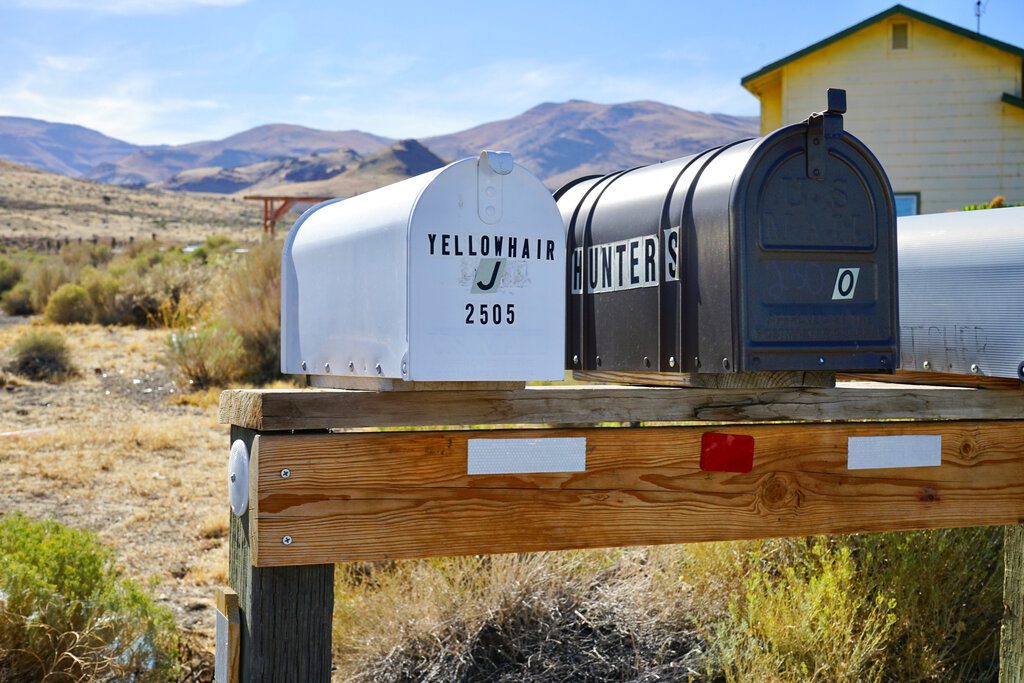
FILE - In this Sept. 8, 2020, file photo, a small group of mail boxes, which the U.S. Postal Service delivers mail to, sits outside of Sutcliffe, Nev., on the Pyramid Lake Paiute Reservation. The Pyramid Lake Paiute Tribe was one of 17 Nevada tribes to be awarded a combined $26.7 million in federal grant funding for affordable housing projects. (Photo credit: Sam Metz/AP)
Nevada’s senators applauded the funding, which comes in addition to federal investments last year that helped build new housing projects in Owyhee and Washoe Valley.
Seventeen Native American tribal communities across Nevada are set to receive upwards of $27 million in federal funding to help develop and further administer affordable housing programs, the state’s two US Senators announced last week.
Each of the 17 tribes will receive a share of $26.7 million from the US Department of Housing and Urban Development’s Indian Housing Block Grant program, Sens. Catherine Cortez Masto and Jacky Rosen announced in a joint press release Thursday.
In a statement, the Senators applauded the funding, which comes in addition to federal investments last year that helped build new housing projects on tribal lands in Owyhee in Elko County and at Washoe Valley, south of Carson City.
“The housing crisis in Nevada is impacting everyone in our state, especially Tribal communities,” Rosen said in a statement.
Added Cortez Masto: “Helping Tribal communities across Nevada build more homes for working families is a top priority of mine, and I’m proud to help deliver this federal funding that will provide families with the support and resources they need to improve their quality of life.”
The Walker River Paiute Tribe will receive the largest share, with an award of $4,317,185, according to the release. The following rewards will be awarded as follows:
- $3,723,167 to the Duck Valley Shoshone-Paiute Tribes
- $3,145,901 to the Pyramid Lake Paiute Tribe
- $2,668,543 to the Washoe Tribe
- $2,531,700 to the Fallon Paiute-Shoshone Tribe
- $2,302,536 to the Reno-Sparks Indian Colony
- $1,723,941 to the Te-Moak Tribe of Western Shoshone Indians
- $1,484,003 to the Yerington Paiute Tribe
- $1,270,603 to the Fort McDermitt Paiute and Shoshone Tribes
- $1,124,207 to the Ely Shoshone Tribe
- $715,977 to the Duckwater Shoshone Tribe
- $557,880 to the Moapa Band of Paiute Indians
- $486,533 to the Yomba Shoshone Tribe
- $338,971 to the Lovelock Paiute Tribe
- $110,290 to the Las Vegas Tribe of Paiute Indians
- $110,290 to the Summit Lake Paiute Tribe
- $110,290 to the Winnemucca Indian Colony
Rosen’s office on Tuesday also announced that she and a bipartisan group of colleagues, including Cortez Masto, are urging increased funding for tribal law enforcement as lawmakers continue to craft a spending bill for fiscal year 2025.
The Nevada senators were among a group of 12 Senators who sent a letter to Sen. Jeff Merkley (D-Ore.) and Lisa Murkowski (R-Alaska), asking the chairman and ranking member of the Senate Appropriations Subcommittee on Interior, Environment and Related Agencies to ask for increased funding for tribal law enforcement, citing a dire need to increase staffing.
“Tribal law enforcement agencies have been under-resourced and under-staffed for decades and they are now being asked to face a new, dangerous threat posed by [drug] cartels and criminal organizations,” the lawmakers wrote. “In an attempt to address manpower issues, a number of tribal leaders have asked the federal government to provide emergency resources.
Read the full letter here.
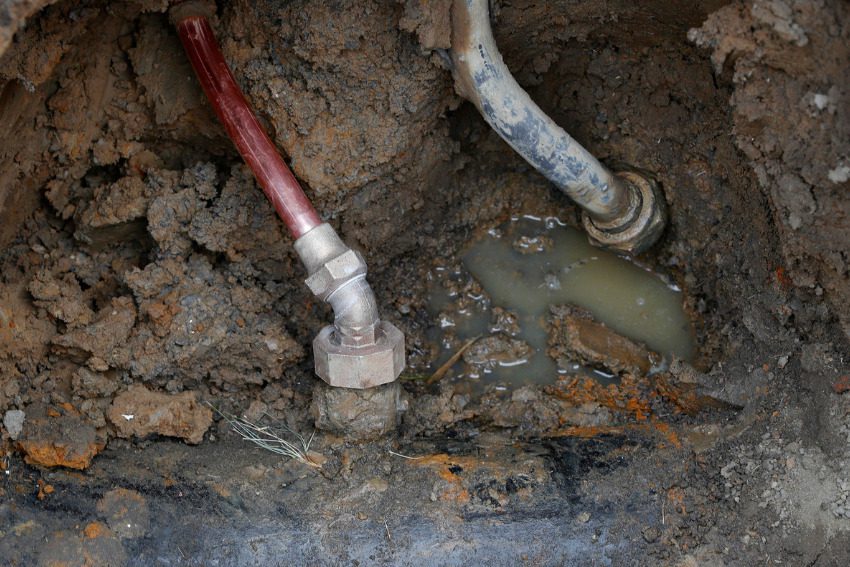
Biden sets 10-year deadline for cities to replace lead pipes and make drinking water safer
A decade after the Flint, Michigan, water crisis raised alarms about the continuing dangers of lead in tap water, President Joe Biden is setting a...

Opinion: We must help communities that have been left behind, no matter who wins in November
In this op-ed, Justin Maxson and Sarah Jaynes advocate for prioritizing federal investments to uplift all communities and ensure widespread economic...

Opinion: Rural housing for all: Supporting affordable homes in Nevada
Anya Lindsey, a single mother, was sharing a bedroom with her two young children at her parents’ home when she heard a news story about USDA Rural...
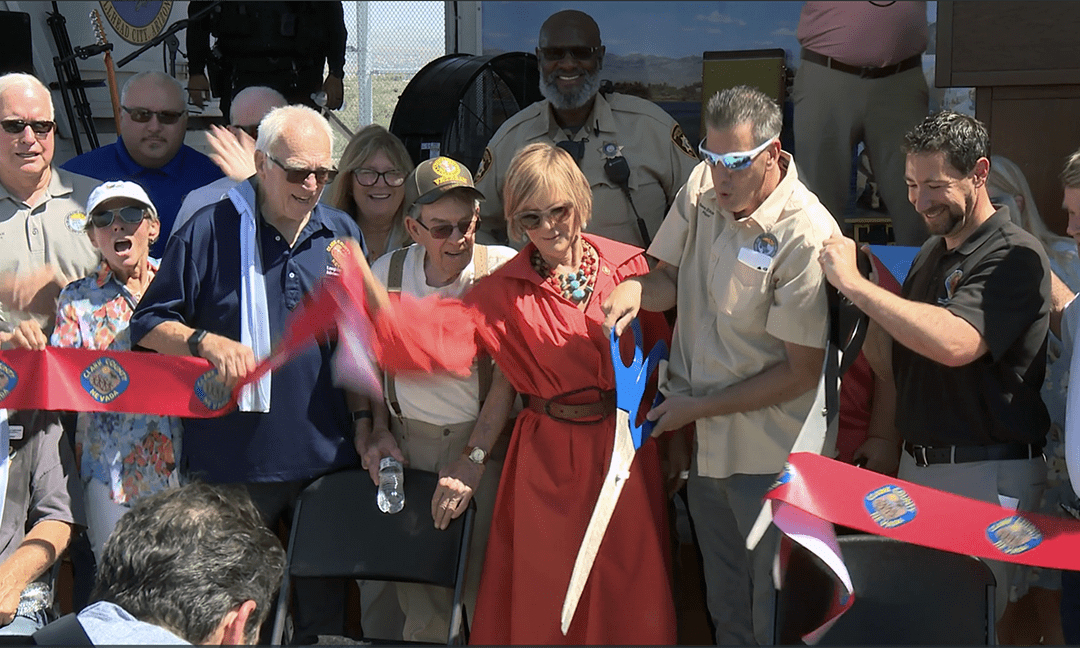
Inauguran puente “Silver Copper Crossing” que une Laughlin y Bullhead City
Los residentes y turistas que deben cruzar el río Colorado tienen una excelente opción con la inauguración del puente “Silver Copper Crossing”, que...
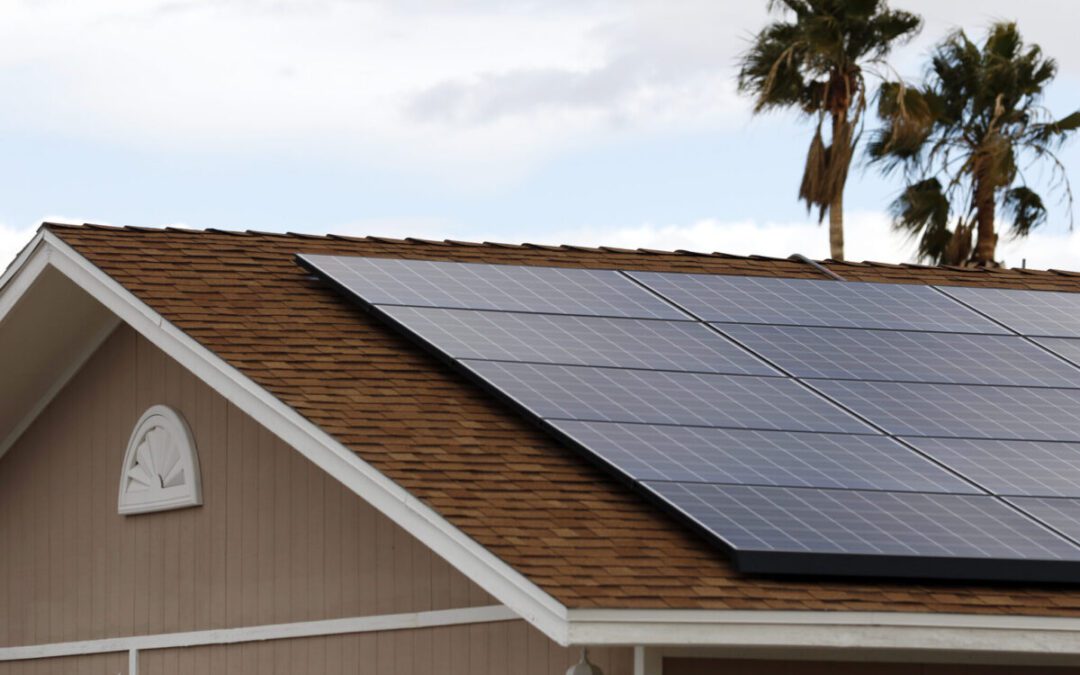
Northern Nevadans fear NV Energy plan would mean some of highest service charges in U.S.
BY: DANA GENTRY, Nevada Current Northern Nevada residents voiced their opposition Tuesday to NV Energy’s proposal to increase its shareholder return...
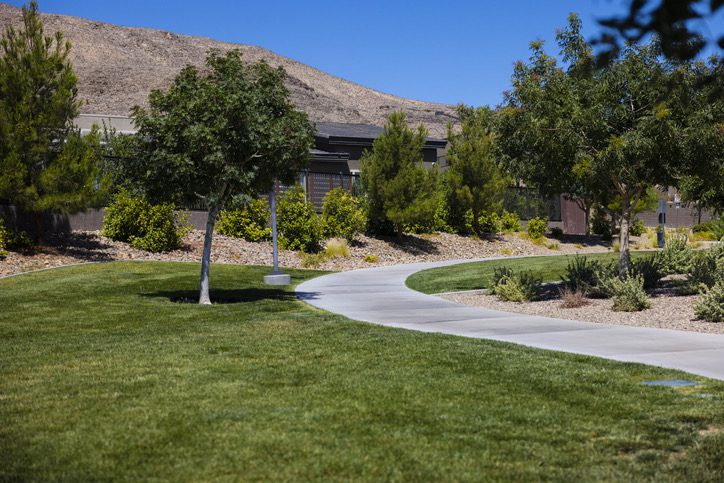
Letter to Editor: Let’s keep making the Silver State green for all Nevadans
Dear Editor, In regards to the article “Rep. Susie Lee scores win as bill expanding access to public lands passes US House” from April 10: As the...




